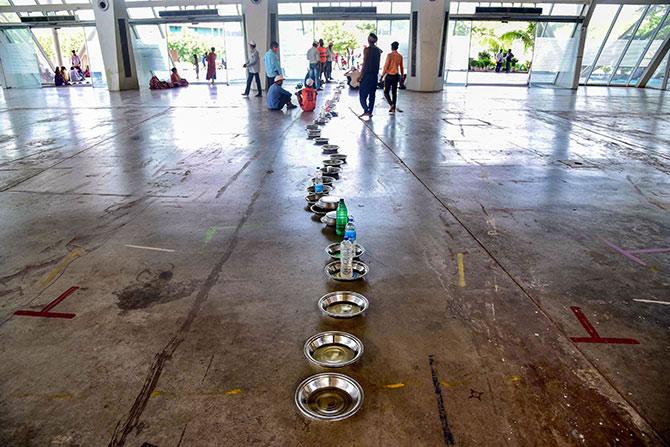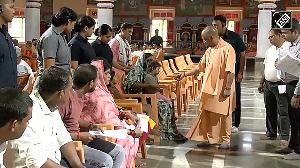Indian charitable trusts, including Tata Trusts and top corporate donors, are stumped by a new tax law proposed in the Budget, which reduces tax breaks for the donor organisations.

The Finance Bill proposes that if a charitable organisation donates to another charity, then only 85 per cent of the donation will be considered as application of income for the donor organisation.
Trust officials say this is a major setback for the donor organisations, including corporate foundations and intermediary organisations, which work with various implementing agencies at the grassroots level.
In the Budget memorandum, the government said several instances have come to its notice that certain trusts or institutions are trying to defeat the intention of the legislature by forming multiple trusts and accumulating 15 per cent at each layer.
By forming multiple trusts and accumulating 15 per cent at each stage, the effective application towards the charitable or religious activities is reduced significantly to a lesser percentage compared to the mandatory requirement of 85 per cent, the bill said.
In order to ensure intended application toward charitable or religious purpose, the government proposed that only 85 per cent of the eligible donations made by a trust or institution under the first or the second regime to another trust under the first or second regime shall be treated as application only to the extent of 85 per cent of such donation.
HP Ranina, a senior tax expert, said the government was trying to plug the loophole as several trusts were opening multiple trusts to save on taxes.
“The government may agree to help those trusts such as Tata Trusts, which work with government organisations to do social work,” Ranina said.
Tata Trusts, which earns dividend income from its 66 per cent stake in Tata Sons, works alongwith several other non-government organisations in the fields of education, healthcare and environment protection.
A Tata Trust spokesperson declined to comment.
Viren Merchant, a chartered accountant said the proposed amendments would discourage charitable foundation and philanthropic institutions to provide the last mile services to the citizens.
"Disallowing 15 per cent of the expenditure, if donations are made to another charitable organization, clearly means suffocating small charities of funds and curbing its resources and networks,” Merchant said.
Trusts are planning to appeal to the Indian government to repeal the proposed amendment or modify it in such a way that it should not impact their work at the grassroots level.
In a statement, Noshir Dadrawala, CEO, Centre for Advancement of Philanthropy (CAP), an association of trusts, said the proposed amendments are detrimental to thousands of charitable institutions across the country.
"While there is a visible ease of doing business, there should also be ease of doing charity.
"This is the change that is needed. The charitable organisations only supplement government's effort in the welfare and development space," he said.












